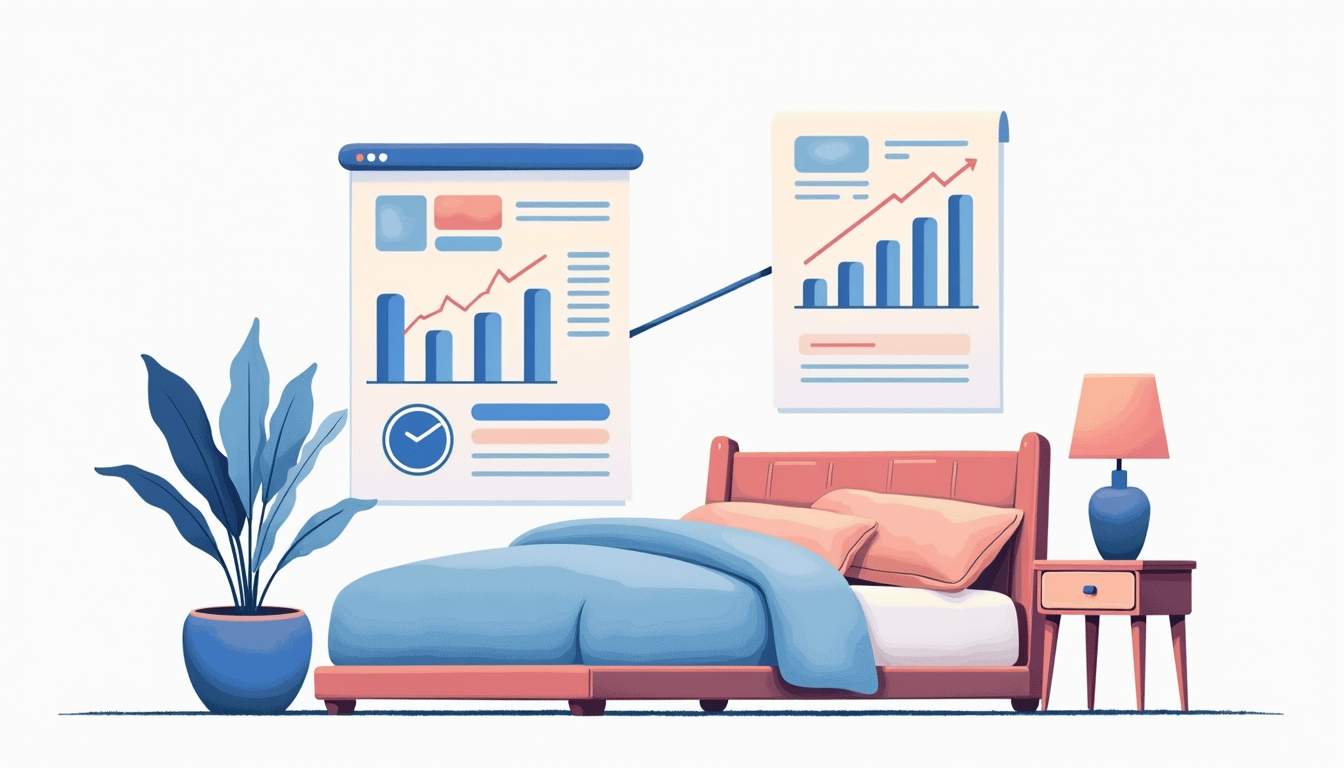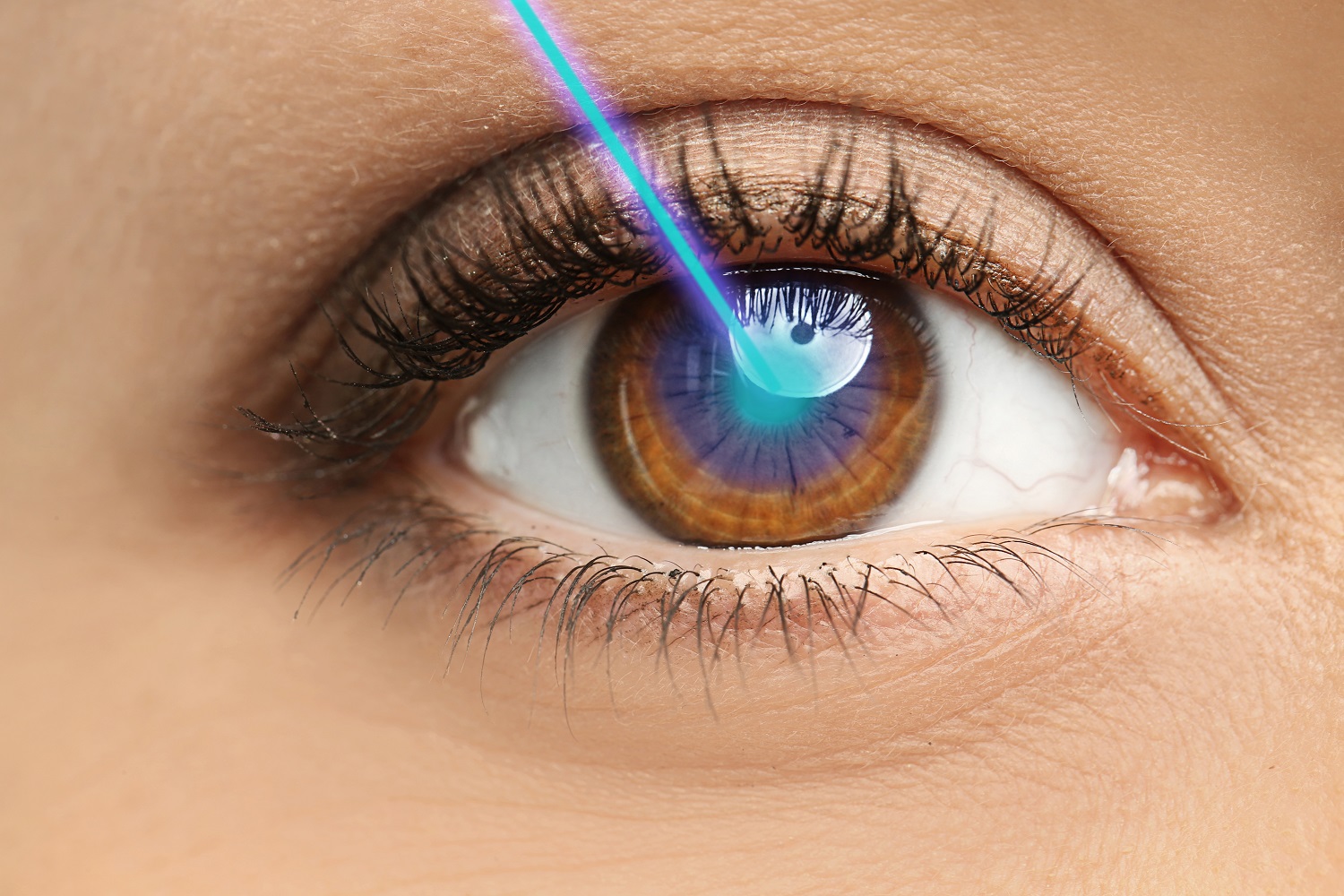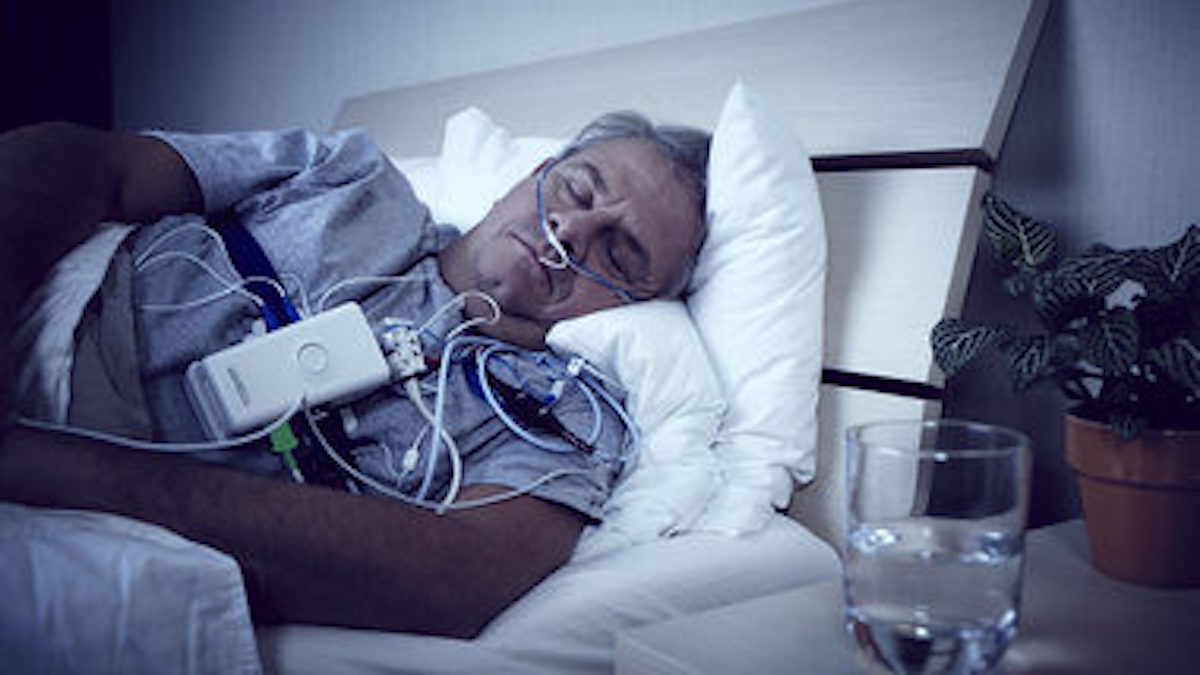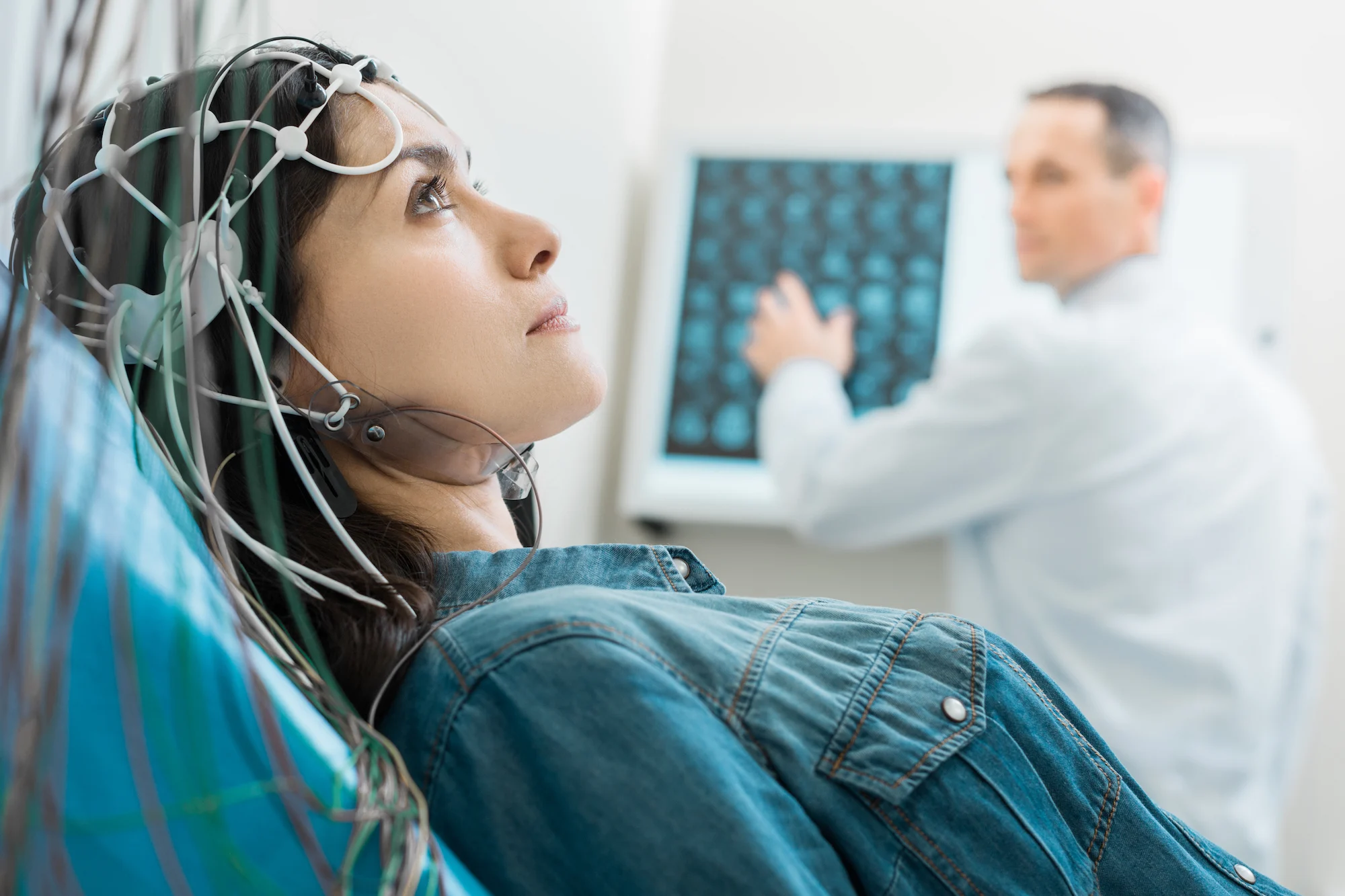Understanding the Importance of Sleep
Sleep is a fundamental aspect of our lives, yet it is often neglected in today’s fast-paced society. It plays a crucial role in maintaining overall health and well-being. Getting adequate rest is essential for physical recovery, cognitive function, emotional balance, and metabolic regulation.
Research has shown that quality sleep can enhance concentration, improve productivity, and significantly boost mood. Furthermore, studies suggest that good sleep can strengthen the immune system, fostering better resilience against diseases. In a world where stressors are abundant and distractions are plentiful, prioritizing sleep can be a game-changer for personal health and productivity.
The Role of Sleep in Overall Health
Sleep serves several vital functions, including the repair and restoration of muscles, synthesis of proteins, and the release of growth hormones. During sleep, the brain is also busy processing the events of the day, consolidating memories, and enhancing learning abilities. This intricate process is essential for not just memory retention but also for creative problem-solving, as the brain often makes new connections during the REM (Rapid Eye Movement) phase of sleep. Preparation for a sleep study test is crucial to ensure accurate results. Patients are typically advised to follow specific guidelines to avoid factors that might interfere with sleep quality during testing.
Adequate sleep helps regulate various bodily functions such as metabolism, cardiovascular health, and hormonal balance. In essence, sleep acts as a cornerstone of good health, affecting nearly every physiological and psychological process in the body. The restorative powers of sleep extend to skin health as well, with studies indicating that sleep deprivation can lead to increased signs of aging and a dull complexion. Thus, the benefits of a good night’s sleep are not only internal but also manifest in our physical appearance.
The Consequences of Poor Sleep
Insufficient sleep can lead to a myriad of health problems. Chronic sleep deprivation has been linked to conditions like obesity, diabetes, cardiovascular diseases, and even mental health disorders such as depression and anxiety. The relationship between sleep and these conditions is complex, as poor sleep can lead to hormonal imbalances that affect appetite, stress levels, and overall metabolic function.
The consequences of poor sleep extend beyond physical health; it can impair cognitive function, diminish alertness, and increase the likelihood of accidents. The toll of inadequate sleep is not just personal but extends to societal implications, including reduced productivity and increased healthcare costs. Moreover, the impact of sleep deprivation can ripple through families and communities, affecting relationships and social interactions. As we continue to navigate a world that often prioritizes busyness over rest, understanding and advocating for the importance of sleep becomes increasingly vital for both individual and collective well-being.
What are Sleep Study Tests?
Sleep study tests, also known as polysomnography, are comprehensive examinations used to diagnose sleep disorders. These tests monitor various physiological parameters during sleep, providing vital insight into an individual’s sleep patterns and any disruptions they may experience.
With advancements in technology, sleep studies can now be conducted in specialized clinics or even at home using portable devices. This flexibility ensures that more individuals have access to important diagnostic services aimed at improving sleep quality. The convenience of at-home testing has made it easier for people who may feel anxious about sleeping in a clinical environment, allowing them to rest in the comfort of their own beds while still receiving accurate and reliable results.

The Science Behind Sleep Studies
Sleep studies are grounded in the science of sleep and its related physiological functions. By measuring brain waves, oxygen levels, heart rate, breathing patterns, and eye and leg movements, these tests paint a comprehensive picture of an individual’s sleep cycle. Understanding these metrics is crucial, as they can reveal underlying issues such as sleep apnea, insomnia, or restless leg syndrome, which can significantly impact overall health and well-being.
During a typical sleep study, electrodes are placed on the scalp and body to collect data as the participant sleeps. The information analyzed can help identify specific sleep phases—light sleep, deep sleep, and REM sleep—and reveal interruptions that might occur throughout the night. Each phase of sleep plays a unique role in physical restoration, memory consolidation, and emotional regulation, making it essential to identify any disturbances that may prevent a person from achieving restorative sleep.
Different Types of Sleep Study Tests
- Polysomnography (PSG): The most comprehensive sleep study, typically conducted overnight in a sleep lab.
- Home Sleep Apnea Testing (HSAT): A simplified test for diagnosing sleep apnea that can be done at home.
- Actigraphy: A wrist-worn device that tracks sleep patterns over an extended period.
Each type of sleep study has its specific application, and the choice often depends on the symptoms exhibited by the patient and the initial assessment by a sleep specialist. For example, polysomnography is often recommended for patients with complex sleep disorders, while actigraphy may be more suitable for those needing long-term monitoring of their sleep habits. Additionally, the interpretation of results from these tests can guide treatment options, ranging from lifestyle changes and behavioral therapies to the use of continuous positive airway pressure (CPAP) machines for sleep apnea patients.
Furthermore, the growing awareness of the importance of sleep health has led to increased research and development in the field of sleep medicine. Innovations such as wearable technology and smartphone applications are now being integrated into sleep studies, allowing for real-time monitoring and analysis of sleep data. This evolution not only enhances the accuracy of diagnoses but also empowers patients to take an active role in managing their sleep health, fostering a greater understanding of their individual sleep needs and patterns. Read more about technology on https://www.open.edu/openlearn/science-maths-technology/engineering-technology/what-technology
Preparing for a Sleep Study Test
Being well-rested leading up to the test can be beneficial, as fatigue may alter typical sleep patterns. Moreover, patients should avoid caffeine, alcohol, and heavy meals before bedtime on the day of the study to ensure that their sleep is as natural as possible.
What to Expect During the Test
On the night of the test, patients arrive at the sleep center, where they will be comfortably settled into a sleep room designed to mimic a normal bedroom environment. Staff will attach sensors to monitor various body functions while the patient sleeps.
While the prospect of being monitored can be nerve-wracking, many patients find that they are able to relax and fall asleep as they would at home. Technicians will observe and record data throughout the night, ensuring everything runs smoothly.
Tips for a Successful Sleep Study Test
- Follow pre-study instructions from your healthcare provider.
- Wear comfortable clothing conducive to sleep.
- Bring personal items that promote relaxation, like a favorite pillow or blanket.
- Communicate any anxiety you may have with the staff; they are there to help.
It’s essential to approach the sleep study with an open mind and a focus on the potential benefits. Understanding the process can also alleviate anxiety and promote better rest during the test itself.
Interpreting Sleep Study Results
After the sleep study is concluded, the collected data is analyzed by a sleep specialist who will compile a report outlining the findings. This report will detail sleep patterns, disruptions, and overall sleep quality.

The results are typically shared with the patient in a follow-up appointment, where the specialist will explain the findings and discuss potential implications for health and well-being.
Understanding Your Sleep Study Report
A typical sleep study report includes metrics such as total sleep time, sleep efficiency, and the number of awakenings during the night. These elements help to assess sleep quality and identify problems like sleep apnea, restless leg syndrome, or insomnia. Click here to find more about elements.
Familiarizing yourself with these terms can empower you in discussions with healthcare providers, enabling a better understanding of your sleep health and the implications for your overall well-being.
Common Sleep Disorders Identified by Sleep Studies
- Obstructive Sleep Apnea: A serious disorder characterized by repeated interruptions in breathing during sleep.
- Insomnia: Difficulty falling asleep or staying asleep.
- Restless Legs Syndrome: An uncontrollable urge to move the legs, often disrupting sleep.
Identifying these disorders is the first step in creating an effective treatment plan, which can significantly enhance sleep quality and overall health.
How Sleep Study Tests Can Improve Your Sleep
Sleep study tests provide actionable insights that can lead to meaningful improvements in sleep quality. With the appropriate diagnosis, treatment plans can be tailored to address specific sleep disorders effectively.
Furthermore, understanding your unique sleep patterns through the data obtained can inform lifestyle adjustments, helping to foster better sleep hygiene overall.
Treatment Options Based on Sleep Study Results
Depending on the condition diagnosed, various treatment options may be recommended. For example, individuals diagnosed with sleep apnea may be advised to use continuous positive airway pressure (CPAP) devices.
Other interventions could involve medication, cognitive behavioral therapy for insomnia, or lifestyle modifications to improve sleep hygiene, such as establishing regular sleeping patterns and creating a conducive sleep environment.
Lifestyle Changes for Better Sleep
In tandem with medical interventions, making lifestyle changes can enhance sleep quality significantly. Recommendations include:
- Establishing a consistent sleep schedule.
- Creating a relaxing bedtime routine.
- Limiting screen time before bed.
- Engaging in regular physical activity.
By integrating these changes into daily routines alongside medical guidance, individuals can promote long-lasting improvements in their sleep quality and overall health and well-being.



